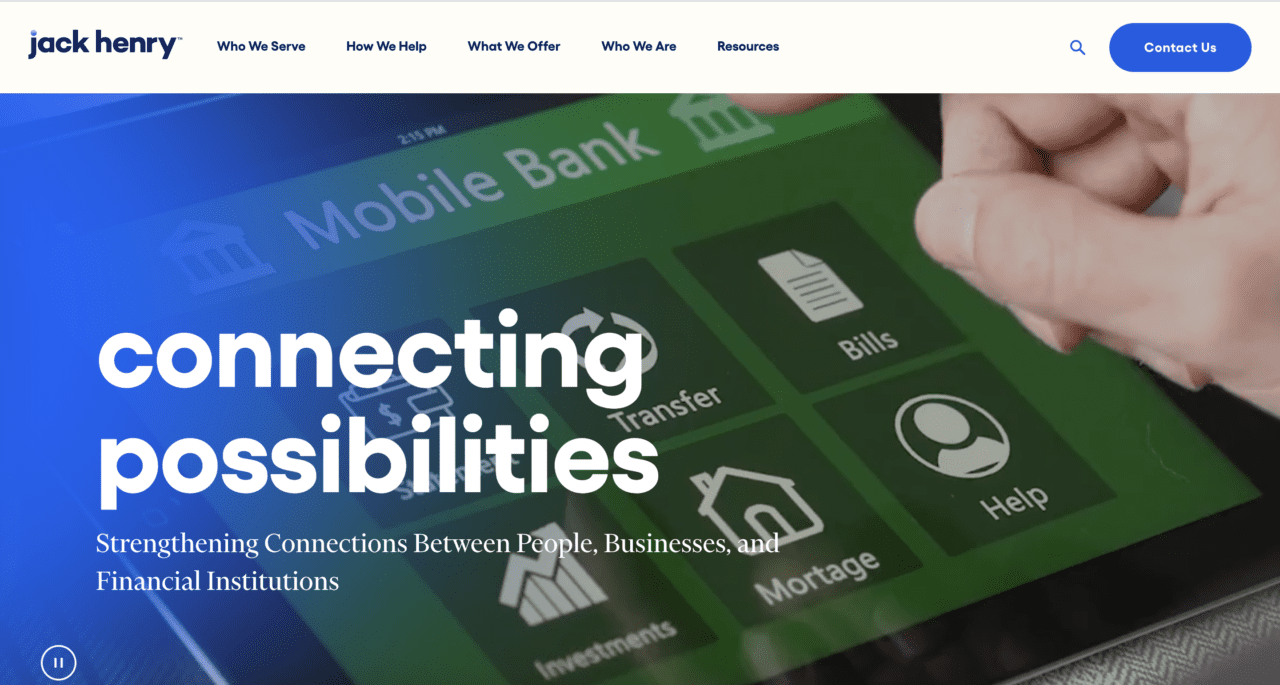
This week in Tales from the Crypto we look at some traditional and alternative ways that investors are backing their favorite cryptocurrency companies, examine a new report explaining why the U.S. lags behind its peers when it comes to central bank digital currencies (CBDCs), and learn about U.S. Department of Justice charges – and a guilty plea- in a $1.9 billion dollar crypto pyramid scheme.
Swiss digital asset bank Sygnum scores new funding
Has crypto winter yielded to the year’s first crypto unicorn? Swiss crypto banking group Sygnum has raised $40 million in strategic funding in a round led by Azimut Holdings. The round gives the firm a valuation of $900 million, not quite enough for a unicorn horn, but more than enough to raise not just eyebrows but new expectations at what might be in store for cryptocurrency businesses and the funds that invest in them.
The company will use the capital to fuel its expansion into new markets in both Europe and Asia. The investment will also accelerate development of Sygnum solutions such as its bank-to-bank platform, currently supporting crypto offerings from more than 15 banks and FIs around the world.
“Our core thesis has always been that Future has Heritage, and our strategy to build trust via regulation and good governance has guided us throughout all market cycles,” Sygnum co-founder and Group CEO Mathias Imbach said. He underscored the challenge of “closing a successful funding round” in the current financial environment, which fellow co-founder and CEO of the company’s Singapore office Gerald Goh called “a testament to Sygnum’s strong and unique position as a leading regulated financial institution in the global digital asset industry.”
Report: U.S. progress on CBDCs lagging other nations
Former President Donald Trump said recently that he would “never allow the creation of a central bank digital currency (CBDC).” As the front runner for the Republican nomination for President this year, Trump’s words are worth paying attention to.
But according to a new report, the future of any U.S.-created CBDC has plenty of issues – even without the antipathy of the once (and maybe future) U.S. president. According to a report from think tank Atlantic Council, the U.S. is falling behind other countries that are exploring or developing CBDCs. The Council claimed that the U.S. Federal Reserve has deployed “less than 20” people to work on research and development on CBDCs. By contrast, the Council said that the People’s Bank of China has more than 300 people working on their CBDC project. The effort in the U.K. was also praised compared to the U.S., with the Council favorably noting that the Bank of England had deployed a joint task force including both the Treasury and Parliament.
The Atlantic Council says that there is an innovation gap between the U.S. and other developed nations when it comes to CBDCs. The Council also criticized the relatively slow rollout of the U.S. interbank settlement system compared to similar systems in Europe that were deployed sooner. And while the Council accepts that there’s no reason to “disrupt the currency that underpins the global economy,” it still believes that the U.S. dollar needs to “innovate.”
PayPal invests $5 million stablecoin in Mesh
The Fed may not have much faith in crypto. But PayPal is putting $5 million worth of its own crypto to work in support of embedded crypto payments startup Mesh. PayPal announced that it has invested $5 million worth of its own U.S. dollar denominated stablecoin, PayPal USD (PYUSD), in the company, which facilitates digital asset transfers and account aggregation.
This investment, announced this week, marks the first time PYUSD has been used as the funding instrument for an investment by PayPal Ventures. “The shift toward digital currencies requires a stable instrument that is both digitally native and easily connected to fiat currency like the U.S. dollar,” PayPal president and CEO Dan Schulman said last year when PYUSD was introduced. “Our commitment to responsible innovation and compliance, and our track record delivering new experiences to our customers, provides the foundation necessary to contribute to the growth of digital payments through PayPal USD.”
Founded in 2020, Mesh enables companies to integrate crypto payments and transfers directly into their existing platforms. The firm has more than 300 integrations with exchanges, digital wallets, and brokerages. This week’s funding follows a $22 million Series A funding round Mesh closed in September. Bam Azizi is co-founder and CEO.
DOJ announces charges, guilty plea in cryptocurrency fraud scheme
On the “Law & Order: Crypto Edition” front, the U.S. Department of Justice has levied criminal charges against two individuals – and accepted the guilty plea of a third – for their involvement in a cryptocurrency fraud scheme called HyperFund. The SEC charged two of the three individuals civilly for their role in what they allege to be a $1.89 billion cryptocurrency pyramid scheme.
The U.S. Attorney for the District of Maryland, Erek L. Barron, called the amount of fraud “staggering.” Barron added “whether it’s cryptocurrency fraud, or any other financial frauds, if it sounds too good to be true, it probably is.”
The scheme ran from June 2020 through November 2022, alleges the Department of Justice. The scheme’s conspirators are alleged to have told investors that they would earn daily returns of between 0.5% and 1% until their initial investment doubled or tripled thanks in part to revenues from crypto mining operations. The DOJ alleges that HyperFund began blocking investors from withdrawing their money in July of 2021 and the scheme collapsed the following year.
According to the SEC, one of the conspirators who agreed to settle civil charges of violating securities laws against fraud, had received more than $3.7 million from the HyperFund platform and its investors. This individual is also the one who has already pled guilty to a single count of conspiracy to commit securities fraud and wire fraud. The maximum sentence for all three conspirators is five years in prison if convicted.
Odds and Ends
- Former U.K. Chancellor of the Exchequer George Osborne joined Coinbase’s advisory council.
- Payments infrastructure provider Transak teamed up with Visa to support conversion of crypto into local fiat currencies.
- Cryptocurrency platform Kraken introduced new Chief Operating and Product Officer Gilles BianRosa.
- Reuters reported that FTX has abandoned the idea of relaunching its exchange and will instead pursue a liquidation with a goal of repaying customers in full.
- Ethereum co-founder Vitalik Buterin shared his thoughts on the present and future of cryptocurrencies in a blog post this week.











